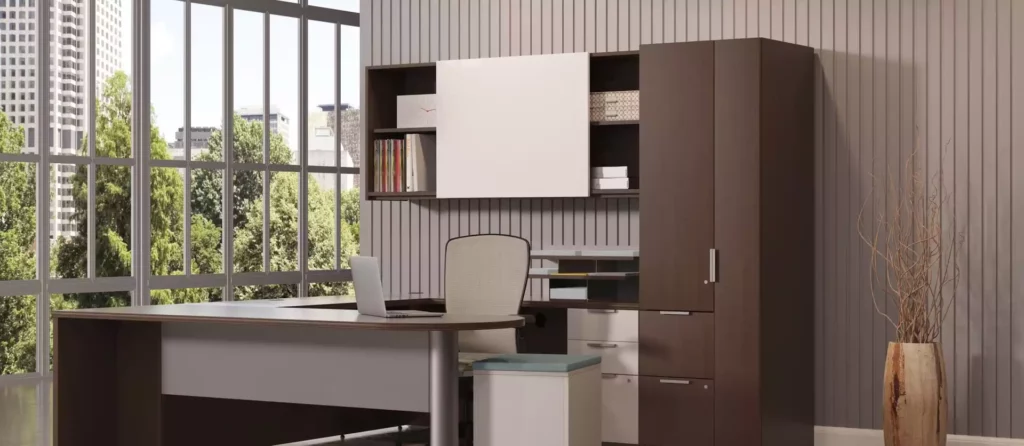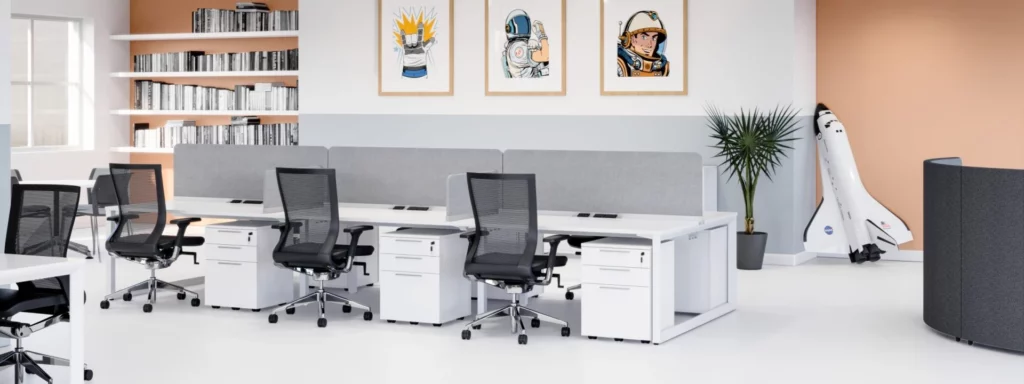The COVID-19 pandemic has drastically changed the way we work, with many employees shifting to remote work arrangements. This shift has brought about many changes, including the need for remote workers to have appropriate office furniture to help them maintain a productive and comfortable workspace. In this article, we’ll explore some of the key considerations when selecting office furniture for the remote workforce.
- Ergonomics One of the most important considerations when selecting office furniture is ergonomics. Remote workers are likely spending long hours sitting in front of a computer, and if their workspace is not ergonomically designed, they may experience discomfort or even injury. Ergonomic office chairs, standing desks, and monitor arms are all important pieces of furniture that can help remote workers maintain proper posture and reduce the risk of injury.
- Space Another important consideration when selecting office furniture is space. Remote workers may be working in smaller or less traditional spaces, such as a spare bedroom or a shared living area.
- A well-designed and aesthetically pleasing workspace can help remote workers feel more motivated and productive. Furniture options with clean lines, natural materials, and neutral colors can help create a calming and productive workspace.
- Adaptability Finally, it’s important to select office furniture that is adaptable to changing needs. Remote workers may need to adjust their workspace throughout the day, for example, by switching between sitting and standing positions.
In conclusion, selecting office furniture for the remote workforce requires careful consideration of ergonomics, space, aesthetics, and adaptability.



